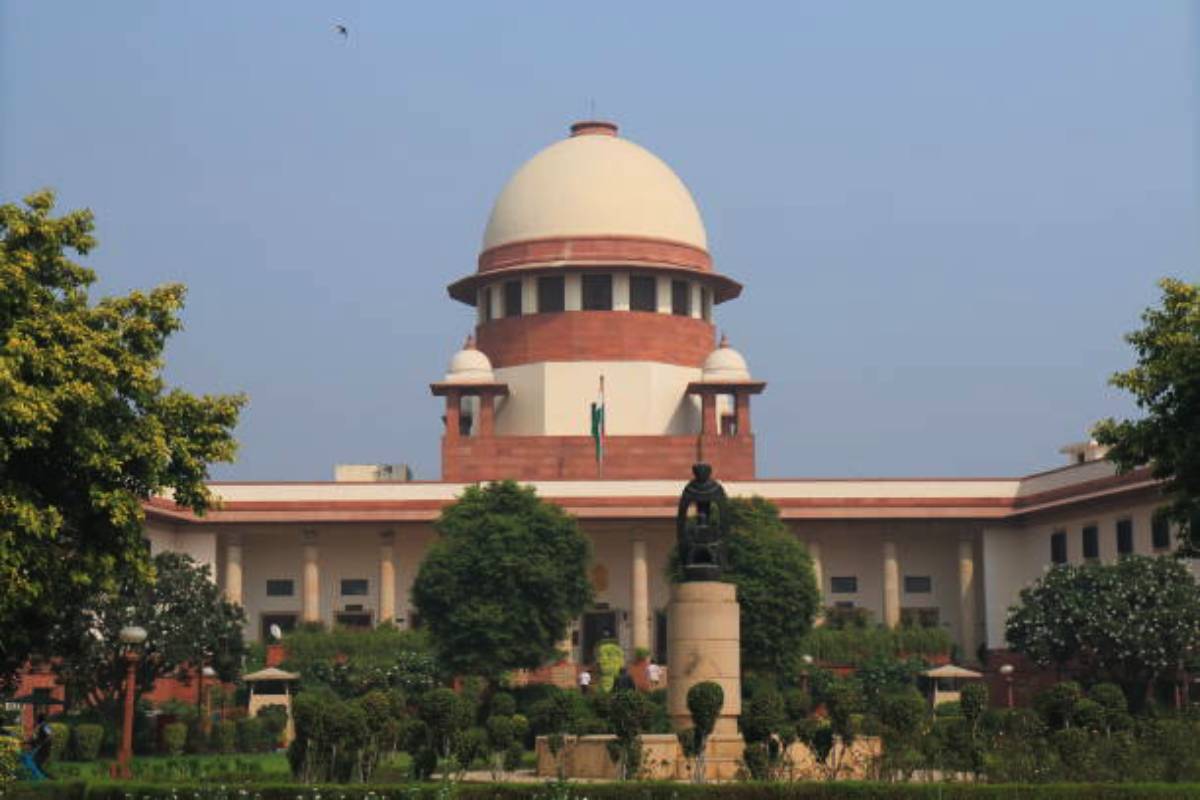The Kerala government on Saturday approached the Supreme Court, seeking to restrain the Centre from implementing the Citizenship Amendment Act (CAA), 2019. It also sought a stay on the CAA rules notified on March 11.
The petition contends that the CAA is divisive, one-sided, illogical, and against the secular notions of the country. It also argues that giving citizenship based on religion is discriminatory.
Advertisement
The state government had in January 2020 filed an original suit against the CAA before the Supreme Court under Article 131 of the Constitution, stating that the amended law was against the provisions of the Right to Equality granted by the Indian Constitution.
On March 11, the Centre implemented the Citizenship (Amendment) Act, 2019 and notified the rules four years after the contentious law was passed by Parliament to fast-track citizenship for undocumented non-Muslim migrants from Pakistan, Bangladesh and Afghanistan who came to India before December 31, 2014.
With the notification of the CAA rules, the Modi government has initiated the process of granting Indian citizenship to persecuted non-Muslim migrants — Hindus, Sikhs, Jains, Buddhists, Parsis and Christians — from Pakistan, Bangladesh, and Afghanistan who arrived in India before December 31, 2014.
